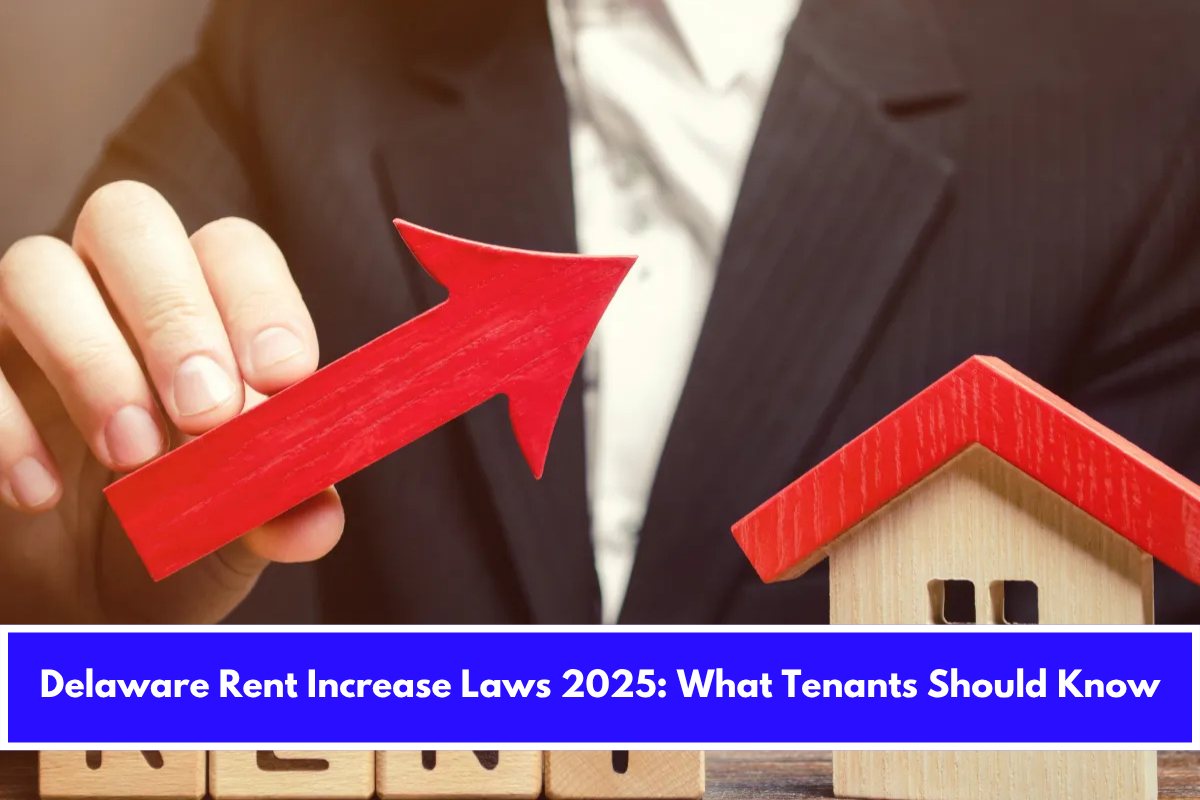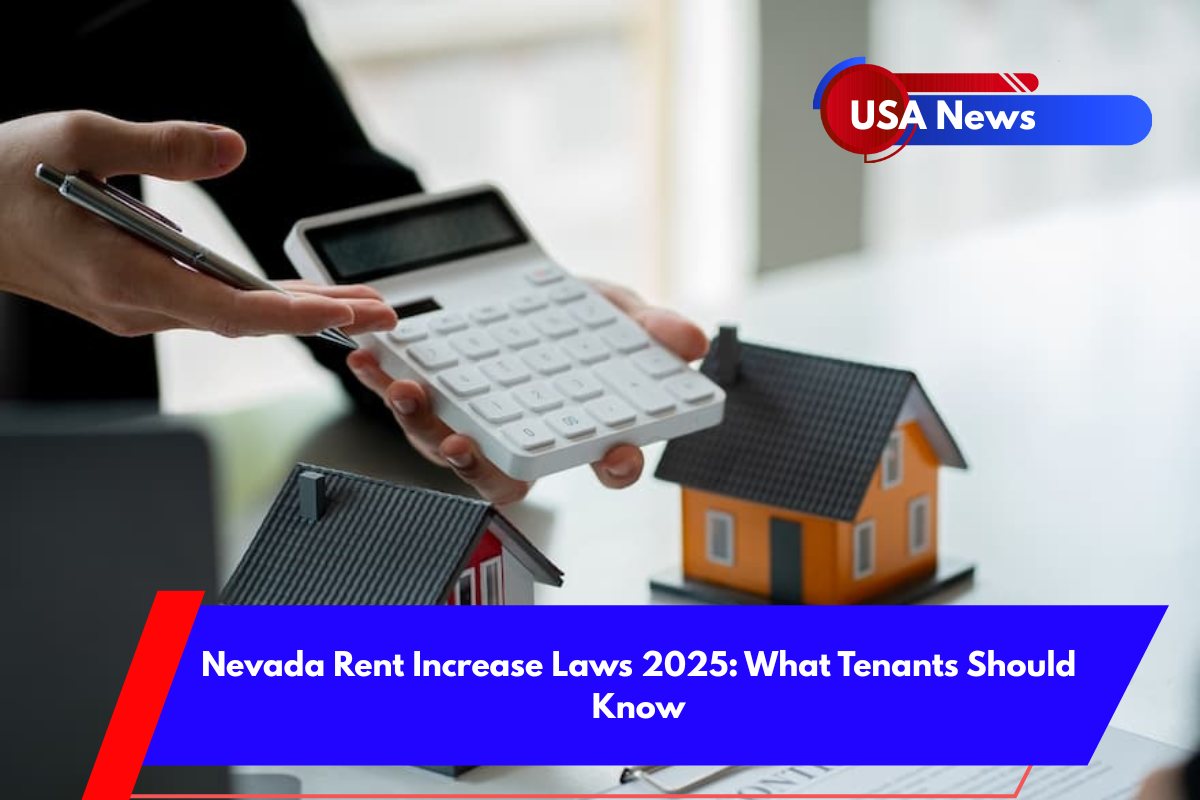Delaware’s rent increase laws in 2025 offer tenants clarity on their rights and protections, but also highlight significant flexibility for landlords in setting rent. Here’s what tenants should know:
No Statewide Rent Control
- No Caps on Rent Increases: Delaware does not have statewide rent control laws. Landlords can raise rents as much as they want, as long as they provide proper notice and do not violate lease terms.
- Frequency of Increases: Landlords can only raise rent once per year, and only at the end of a lease term or upon renewal. Rent cannot be increased during an active fixed-term lease unless the lease specifically allows it.
Notice Requirements
- Standard Residential Leases: Landlords must provide at least 60 days’ written notice before increasing rent for most residential leases, including month-to-month agreements.
- Mobile Home Parks: A longer notice period of 90 days is required for tenants in manufactured home communities.
- Short-Term Leases or Small Increases: Some sources mention that for rent increases of less than 20%, a 30-day notice may be sufficient, but the standard under current law is generally 60 days for most situations.
Tenant Rights and Protections
- No Retaliation or Discrimination: Rent increases cannot be used as retaliation against tenants for exercising their legal rights (such as requesting repairs) or for discriminatory reasons (race, gender, disability, etc.) under the Fair Housing Act.
- Challenging Unlawful Increases: If a landlord fails to provide proper notice or if a rent increase appears retaliatory or discriminatory, tenants can dispute the increase through local housing authorities or seek legal counsel.
- Repair and Deduct: If a landlord fails to maintain the property, tenants may have the right to arrange for repairs and deduct up to $400 or half a month’s rent (whichever is less) from their rent, after providing written notice and allowing 30 days for the landlord to act.
- Withholding Rent: In cases of serious habitability violations (such as lack of heat, water, or electricity), tenants may withhold up to two-thirds of their daily rent after providing written notice and waiting 48 hours for the landlord to remedy the issue.
Local Developments: Wilmington’s Proposed Rent Cap
- Wilmington Ordinance 25-016: As of June 2025, Wilmington is considering a local ordinance that would cap rent increases at 3% of the current rent or the 12-month average Consumer Price Index (CPI), whichever is lower. A compromise amendment may raise the cap to 5% to offer more flexibility to landlords.
- Exemptions: The ordinance would not apply to student housing, first-time rentals, or buildings less than 10 years old.
- Status: The ordinance has not yet been enacted and faces opposition from the mayor and some council members. If passed, it would be the first local rent control measure in Delaware, but only within Wilmington city limits.
Sources:
- https://delcode.delaware.gov/title25/c051/sc01/index.html
- https://american-apartment-owners-association.org/landlord-tenant-laws/delaware/
- https://www.hemlane.com/resources/delaware-tenant-landlord-law/
- https://www.baymgmtgroup.com/blog/what-is-a-reasonable-rent-increase-in-2025/













